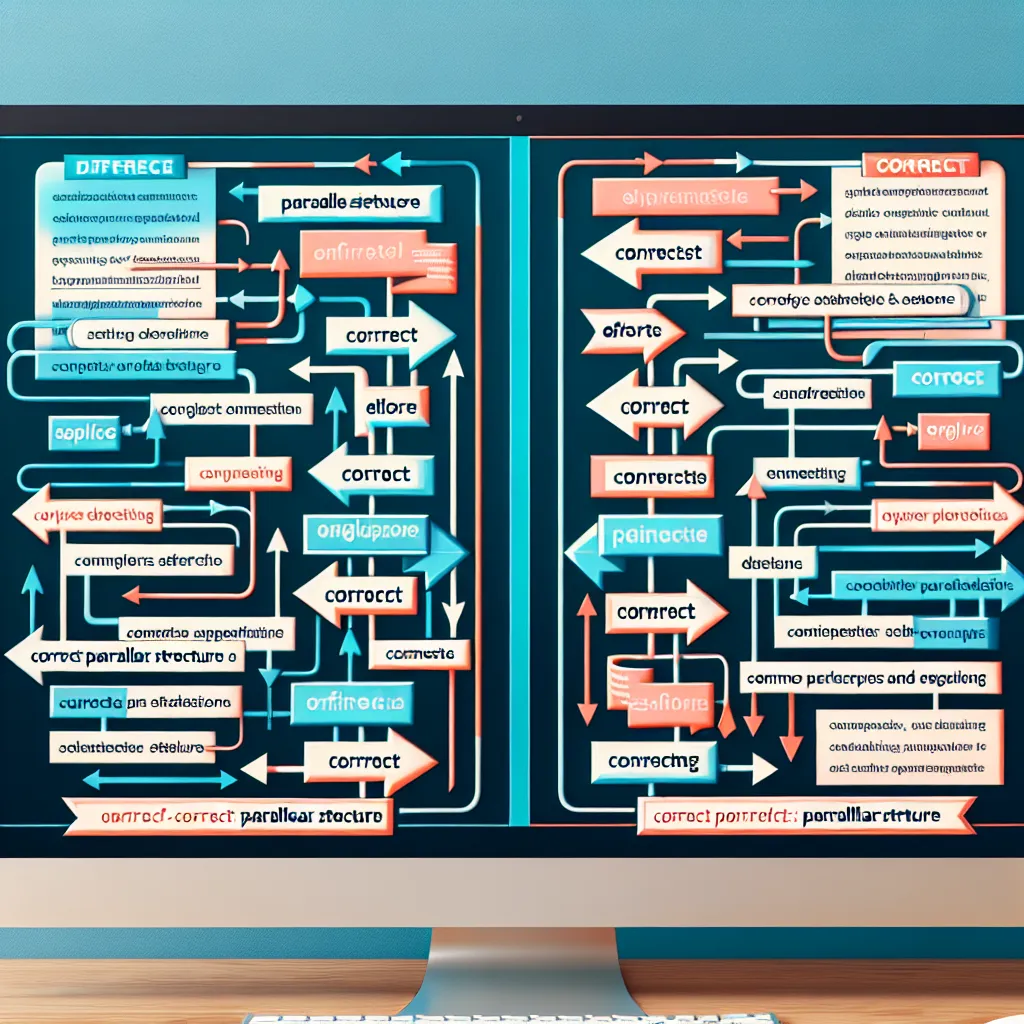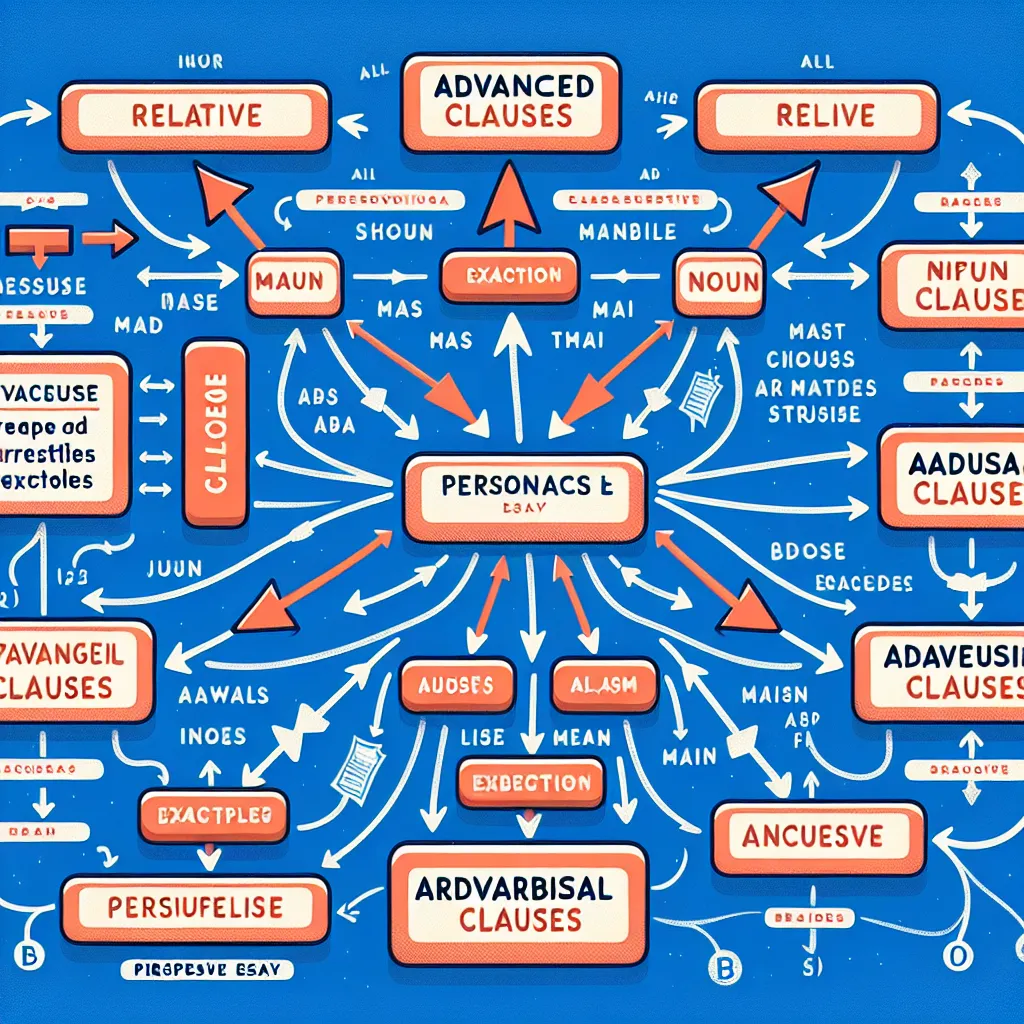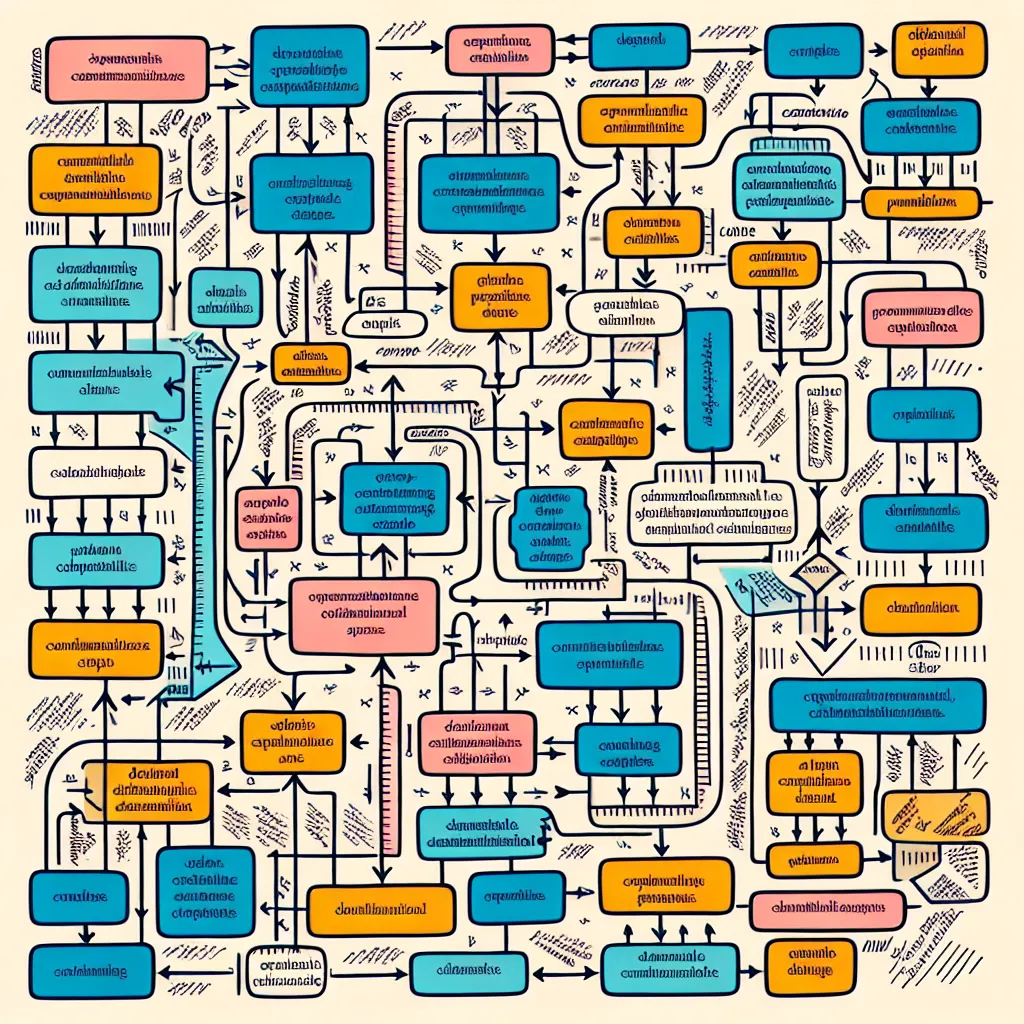Technical discussions often require a high level of precision and clarity in communication. Having a strong grasp of English grammar is crucial for effectively conveying complex ideas and participating in professional conversations. This article will provide you with expert tips and strategies to enhance your grammar skills specifically for technical discussions.
Understanding the Importance of Grammar in Technical Communication
In the world of technology and engineering, clear and accurate communication is paramount. Grammar plays a vital role in ensuring that your ideas are understood correctly and that you can effectively contribute to technical discussions.
 Importance of Grammar in Technical Communication
Importance of Grammar in Technical Communication
Why Grammar Matters in Technical Contexts
- Precision: Technical fields require exact information. Proper grammar helps convey precise meanings and avoid ambiguity.
- Credibility: Good grammar enhances your professional image and credibility among peers and superiors.
- Clarity: Well-structured sentences and correct grammar make complex ideas easier to understand.
- Efficiency: Clear communication reduces misunderstandings and saves time in technical projects.
Strategies to Improve Your Grammar for Technical Discussions
1. Master Technical Vocabulary and Jargon
Understanding and correctly using industry-specific terms is crucial. However, it’s equally important to use proper grammar when incorporating these terms into your sentences.
- Tip: Create a personal glossary of technical terms and practice using them in grammatically correct sentences.
- Example: Instead of “The software it crashed,” say “The software crashed due to a memory leak.”
2. Focus on Sentence Structure
In technical discussions, complex ideas often require complex sentences. However, it’s essential to maintain clarity and correctness.
- Practice using subordinate clauses to connect related ideas.
- Example: “While the system was running diagnostics, we noticed an anomaly in the data stream.”
For more advanced sentence structures, you might find our guide on how to form complex sentences in English helpful.
3. Use Active Voice for Clarity
While passive voice has its place in technical writing, active voice often provides more clarity in discussions.
- Instead of: “The error was identified by the quality assurance team.”
- Use: “The quality assurance team identified the error.”
4. Pay Attention to Verb Tenses
Proper use of verb tenses is crucial in technical discussions, especially when describing processes or timelines.
- Present tense for current states: “The system operates at 98% efficiency.”
- Past tense for completed actions: “We resolved the bug in the previous update.”
- Future tense for planned actions: “We will implement the new feature next quarter.”
5. Practice Parallel Structure
Parallel structure is particularly important in technical discussions when listing items or describing processes.
- Incorrect: “The project involves coding, to test, and deployment.”
- Correct: “The project involves coding, testing, and deploying.”
 Parallel Structure in Technical Writing
Parallel Structure in Technical Writing
6. Enhance Your Pronoun Usage
Proper pronoun usage prevents ambiguity in technical discussions.
- Be clear about what “it,” “this,” or “that” refers to.
- Example: Instead of “It failed during the test,” say “The new algorithm failed during the stress test.”
7. Utilize Grammar Checking Tools
While not infallible, grammar checking tools can be helpful, especially for non-native speakers.
- Use tools like Grammarly or ProWritingAid, but always review suggestions critically.
- Remember that context is key, especially with technical terms that may not be recognized by general grammar checkers.
8. Read Technical Documentation and Papers
Exposure to well-written technical content can improve your grammar and style.
- Analyze the sentence structures and grammar used in reputable technical journals and documentation.
- Pay attention to how complex ideas are broken down and explained grammatically.
For more strategies on expanding your technical vocabulary, check out our article on tips for mastering advanced English vocabulary.
9. Practice with Technical Writing Exercises
Regular practice is key to improving grammar in technical contexts.
- Write summaries of technical articles or processes.
- Have peers or mentors review your writing and provide feedback.
- Participate in technical writing workshops or courses.
10. Learn from Native Speakers and Experts
Observing and interacting with proficient speakers can greatly enhance your grammar skills.
- Attend technical conferences or webinars.
- Participate in online forums or discussion groups in your field.
- Consider finding a language exchange partner who is also in a technical field.
For more insights on learning from native speakers, our article on strategies for learning English through interactive presentations offers valuable advice.
Common Grammar Pitfalls in Technical Discussions
Be aware of these common grammar issues that often arise in technical contexts:
- Misplaced modifiers: “Using the new software, the efficiency increased by 50%.” (Who is using the software?)
- Dangling participles: “After debugging the code, the program ran smoothly.” (The program didn’t debug the code.)
- Subject-verb agreement with collective nouns: “The team are working on different modules.” (Should be “The team is working…”)
- Overuse of passive voice: “The test was conducted and errors were found.” (By whom?)
- Incorrect use of technical abbreviations and acronyms: “The GUI interface is user-friendly.” (GUI already stands for Graphical User Interface)
Conclusion
Improving your grammar for technical discussions is an ongoing process that requires consistent effort and practice. By focusing on the specific aspects of grammar that are crucial in technical communication, you can significantly enhance your ability to participate effectively in professional conversations and presentations.
Remember, clear and accurate communication is not just about impressing others; it’s about ensuring that your valuable ideas and insights are understood and can contribute to your field. Keep practicing, stay curious about language, and don’t hesitate to seek feedback from peers and mentors.
For those looking to take their grammar skills to the next level, our comprehensive guide on best practices for learning grammar at an advanced level provides additional strategies and resources.
We encourage you to share your experiences and any additional tips you might have for improving grammar in technical discussions in the comments below. Your insights could be invaluable to others in the community!




